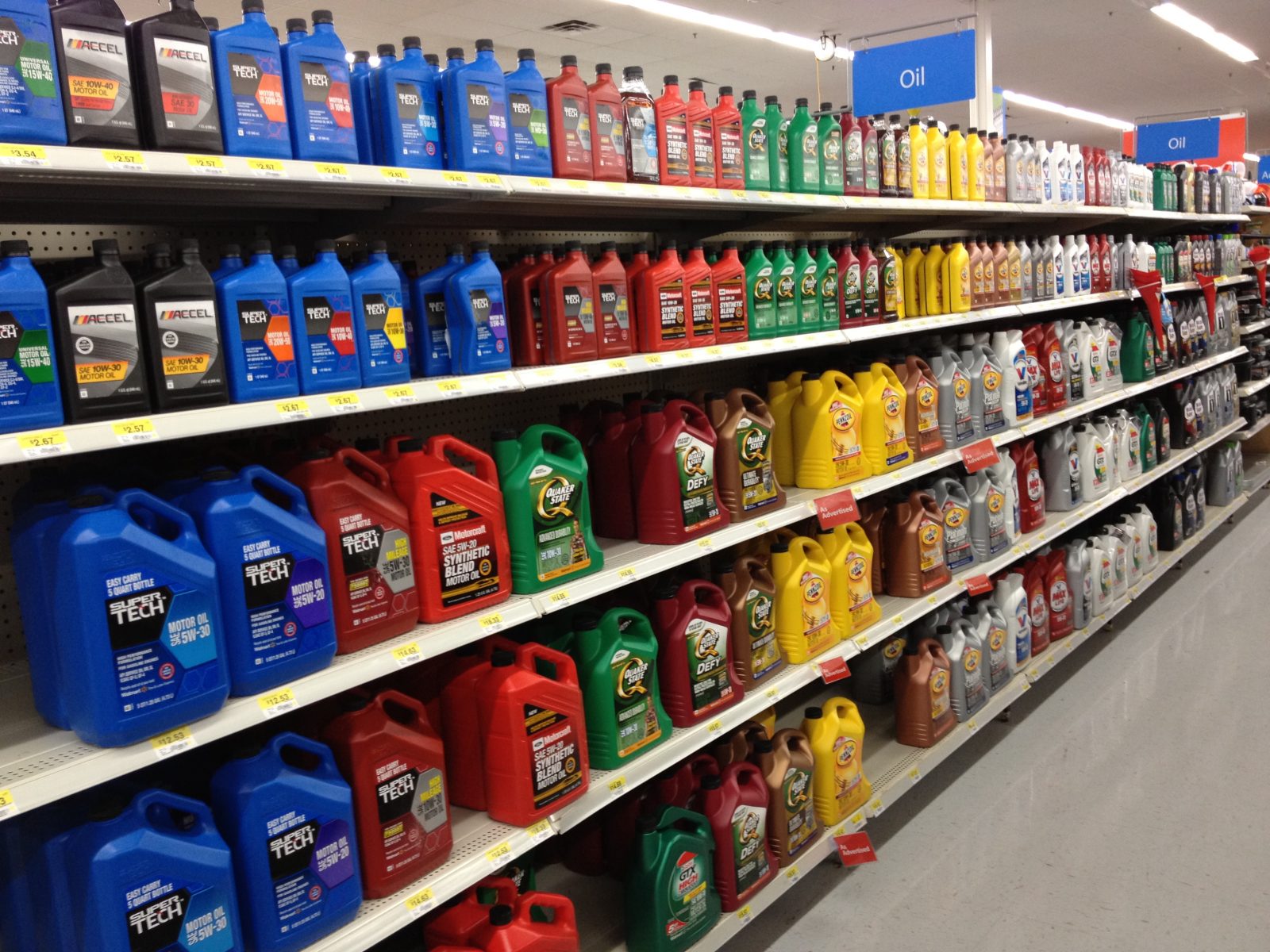Car Engine Oil Types:
Here we understand the oil types and how to choose the right oil for the engine including checking the quality of the oil which is about to use for the car engine.
-
Minimum standard:
Before purchasing the oil every vehicle owner need to check whether the oil has been passed from the authority to meet it standards as stamped on the box of the engine oil, secondly API test has been tested and approved, third viscosity of the synthetic oil (thickness), in the last the brand of the oil which play an important part before selecting any types of Car Engine Oil.
-
Correct Oil:
As said earlier the viscosity(thickness) of the oil must be under consideration before putting into the engine, every vehicle have their own engine temperature and in the car manual, it states about the best recommended oil, so read it before using it.
-
Viscosity:
Viscosity means thickness of the oil which refer in the world of W means (Winter) Lets instance if the oils show 5W-30 it means it turns to heat and becomes thin instantly and 10W-30 turns less thin when it becomes heat as numbers up the oil becomes thick vice versa with lower numbers.
Low grade oils are more resistant to thickening in cold climate, so it flows more easily to all the moving parts in your engine. Also, if the oil is too thick the engine requires more energy to turn the crankshaft, which is partly submerged in a bath of oil. Excessive thickness can make it harder to start the engine, which reduces fuel economy. A 5W oil is typically what’s recommended for winter use. However, synthetic oils can be formulated to flow even more easily when cold, so they are able to pass tests that meet the 0W rating.
Other reason of the oil viscosity change can be of old engines, thin oil with heated temperature could not hold the oil to flow into the engine freely and more likely to burn due to high temperature.
In addition weather of the place play important part for car engine oil types such as hot weather areas including dust in the air prefer 10W-30 or 20W-50 for better engine performance, low numbers in hot areas becomes dirty very soon than normal time.
Classification of Car engine oil types:
-
Premium Conventional Oil:
This is the standard new-car oil. All leading brands have one for service level SL, available in several viscosity. The car makers usually specify a 5W-20 or 5W-30 oil, particularly for lower temperatures, with a 10W-30 oil as optional, particularly for higher ambient temperatures.
-
Full Synthetic Oil:
The oils made for high-tech engines, whether in a Chevy Corvette or Mercedes-Benz, are full synthetics. If these oils pass stringent special tests (indicated by their labeling), it means they have superior, longer-lasting performance in all the critical areas, from viscosity index to protection against deposits.
-
Time to change:
Normally car manuals have mentioned the time of change of oil in terms of kilometers
Some cars now do have technology to show in the car screen to change the oil or some kind of sign which indicates replacement
However old car with weak engine needs to change oil early than normal time therefore check all matters before changing the oil.
-
Brand:
There are too many brands in the market including fake oil brands with a lot cheaper than international brand, difficult to identify the quality of the brand.
Only use recommended quality brand name directly from their register store or website even it cost you more, because the car engine wholly depends on oil and low quality oil would impact seriously to the engine that may cost you a whole engine into a scrap.

